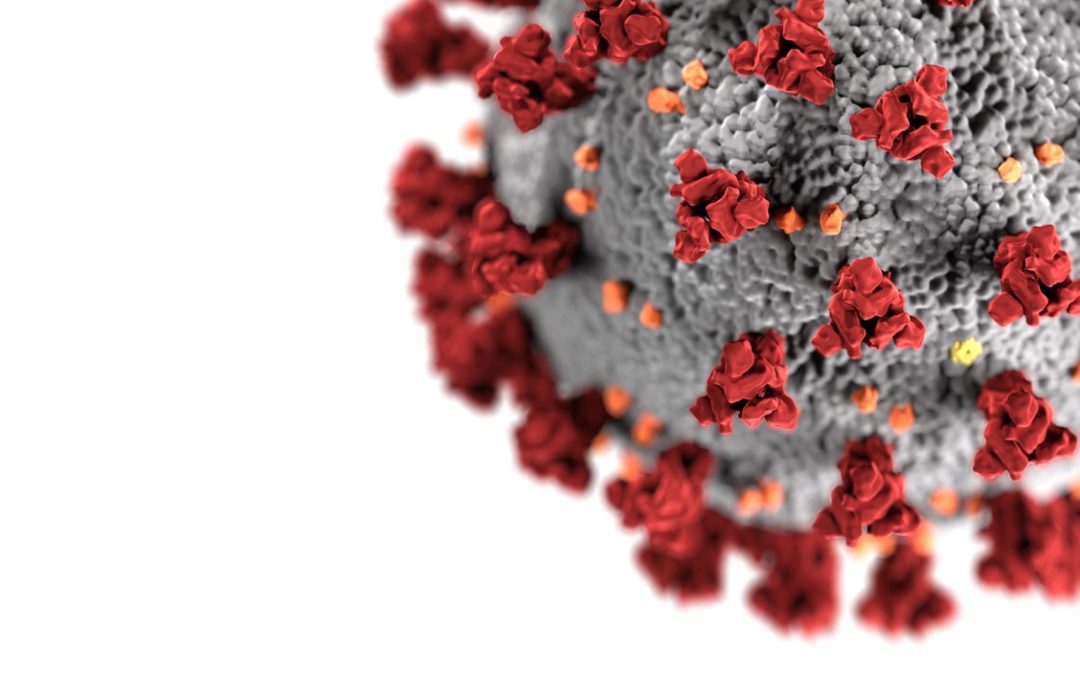A few months ago, no-one could have accurately predicted the volcanic social upheaval now shaking itself through Britain, the rest of the world and our particular automotive industry.
Vehicle production stopped, roads emptied, showrooms closed and motorsport become non-existant. So what is a motoring journalist to do? Very little it would seem, for now at least.
If you were a lucky one, a test car was left with you and a few very fortunate writers have been “stuck” for six weeks with a Bentley or other exotica, some with more ordinary cars and the frustrating fact that while they were fortunate, they were also unfortunate in not being able to test them in the usual way other than going shopping or for medical purposes.
Speaking of which it also showed the human side to an industry usually dominated by profits, often before people, and some of the press fleets have become social distance shrinkers and put to use with public and voluntary services ferrying persons or products to where they can do the most good.
As a colleague said to me, one hopes these vehicles will be deep cleaned before they are returned to normal fleet duties, or passed into the trade as ex-demo models, as bugs can live on surfaces for some time, so we are told.
If you are fortunate enough to be shielding a press car, there is only so much you can write about it and the situation means regular writers are having to resort to their journalistic skills to fill space and agreements with publishers and a lot of historic articles are being pulled out of cupboards or old computers and emerge into our sterilised society in various forms.
Car dealers are being challenged to communicate with customers and prospective buyers by telephone or internet with an intensity they never had to before and some incredible deals are being done, if you can wait for however long it takes to get a vehicle to a user. A whole new industry seems to have sprung up surrounding safe delivery and handover of new cars along with the collection of part-exchanges. Fleets due to be changed for contract or tax reasons are being caught out and some BIK payers will be hardest hit through no fault of their own, unless a special deal is agree with HMRC. Second hand values are all over the place and there’s do doubt some models will climb and others fall.
There’s no doubt that when the lockdown ends our jobs will change, manufacturers will be keen to get publicity and sales, garages want to start earning from long delayed repairs, motorsport wants to get moving and earning, and the environmental groups will be making their cases more feverishly than ever.
What the situation has shown us is that the much vaunted public transport system is completely incapable of meeting its own objectives and that the private car is possibly the safest way to travel for any reasonable distance.
It also shows much more needs to be spent on our road network and management of it, with a greater number of parking spaces provided rather than reducing them. Whether this will also accelerate the introduction of pure electric vehicles for private use and hydrogen fuel for buses and commercial vehicles, remains to be seen.
We probably will not see again this sort of social change for transport and those who write about all aspects of it, but it will define us as writers and readers.
Robin is the longest serving chairman of The Western Group. He's been vice chairman or chairman for over ten years and oversees the annual Western Group PR Driving Day each summer assisted by the group committee and supported by group members.
He contributes to a number of outlets in Wales and the UK, including the Driving Force editorial syndication agency feeding the biggest regional news and feature publishers in Britain.
Robin specialises in the Welsh automotive sector and motor related businesses with interests in Wales and publishes WheelsWithinWales.uk which covers news, features, trade and motor sport in Wales.

